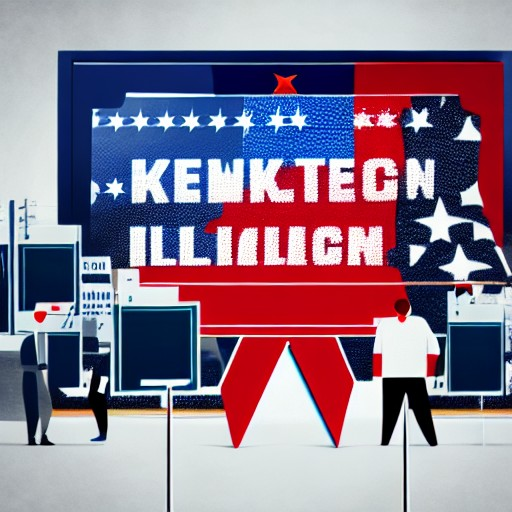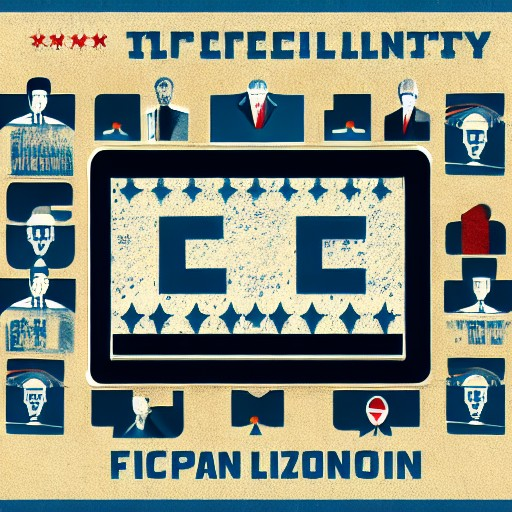The Impact of Technology on Politics
The integration of technology into politics has greatly transformed the way in which political campaigns and elections are conducted. Here are some of the key ways in which technology has impacted politics:
1. Increased Accessibility and Engagement
Technology has made it easier for people to access information about political candidates and issues. Social media platforms, for example, allow candidates to directly engage with their supporters and share their positions on various topics.

2. Improved Communication
Technology has enabled political campaigns to communicate with voters more effectively and efficiently. Email campaigns, text messages, and social media posts can be quickly disseminated to a large audience, allowing candidates to reach more people with their message.

3. Enhanced Data Analysis
Technology has also made it easier to collect and analyze data about voters. This information can be used to identify patterns and trends in voting behavior, allowing campaigns to tailor their message to specific demographics.

4. Increased Transparency
Technology has made it more difficult for political candidates to hide their actions from the public. With the rise of social media and citizen journalism, it is easier than ever for voters to hold their elected officials accountable for their actions.

5. Greater Security Risks
Technology has also created new security risks for political campaigns and elections. Cyber attacks, fake news, and online propaganda can all be used to manipulate public opinion and influence the outcome of elections.

In conclusion, technology has had a profound impact on politics, transforming the way in which campaigns are run and elections are conducted. While it has brought many benefits, it has also created new challenges that must be addressed in order to maintain the integrity of the democratic process.